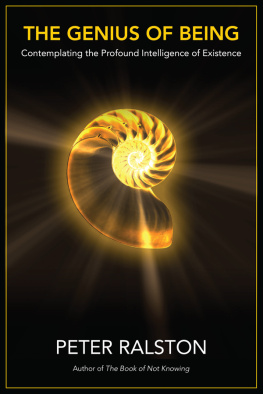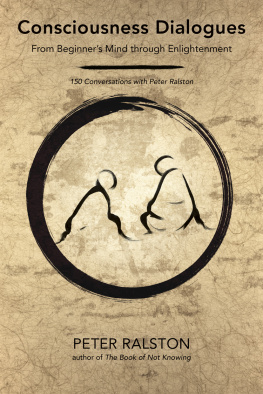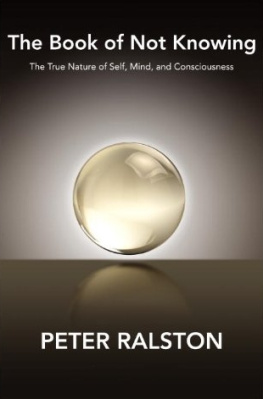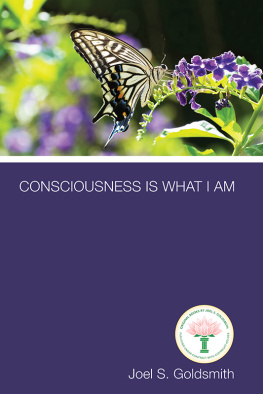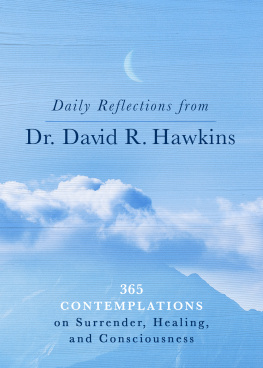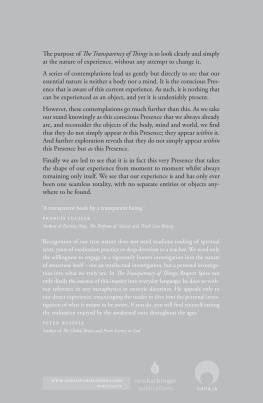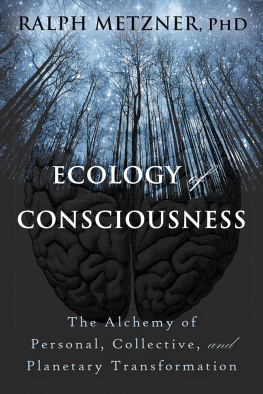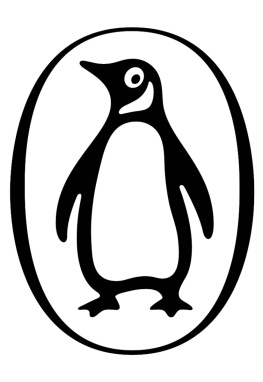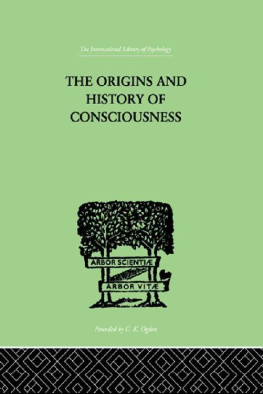
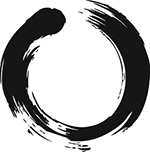
For more information about Peter Ralston and the ongoing work of Cheng Hsin go to: PeterRalston.com or ChengHsin.com.
For a smartphone-friendly site check out: PersonalEmpowerment.me
If you havent done so, its best to complete the entire trilogy:
- The Book of Not Knowing
- Pursuing Consciousness
- The Genius of Being
After that, you may be ready to take on the less structured work (written for advanced students) by reading Ancient Wisdom, New Spirittranscribed from recordings of live interactions with Ralston in various settings in the 1980s; and Reflections of Beinga slim collection of early essays highlighting many of the basic principles and communications in a highly condensed form.
When youre ready, if Ralston is still teaching, you are invited to join him at his Center and take advantage of live interactions that can take you much deeper than can be obtained on your own or from a book.
Other books by Ralston:
- The Principles of Effortless Power
- The Art of Effortless Power
- Zen Body-Being
About the Author

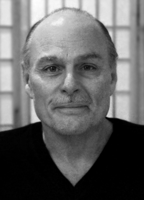
Since having several enlightenment experiences in his early twenties, Peter Ralston has devoted his life to a relentless pursuit of the truth, investigating everything from the principles that govern movement and interaction to the true nature of self and reality.
Much in demand as a teacher of consciousness workshops since 1979, Ralston has done more than forty years of intense contemplation and personal experiential investigation into the nature of self and reality. Ralstons consciousness work is acclaimed by people from a diverse range of disciplines, from spiritual teachers and psychiatrists to cognitive scientists, physicists, and artists. He is the founder of Empowerment, as well as the founder of Cheng Hsin and the Art of Effortless Power. For a while in the late 1970s, Ralston worked for Stewart Emery and Actualizations, and has served as facilitator for other personal growth organizations such as: Lifesprings, Tony Robbins, Institute for Self Actualizations, Esalen, and others.
Ralstons other titles include The Principles of Effortless Power, Zen Body-Being, The Book of Not Knowing, and Pursuing Consciousness. His books have been published in six languages.
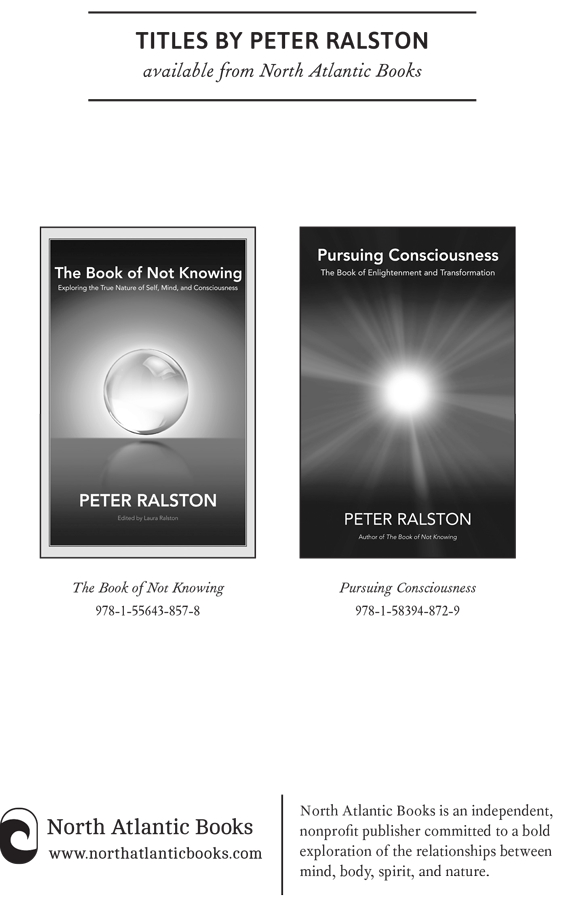

Chapter One
Grasping the Genius of Being
Bound by Brilliance
- 1:1If youve never attended a contemplation intensive, try to imagine spending days on end among a few dozen people engaged in earnest contemplation as you all strive to become conscious of your true nature. The low voices of participants doing dyad work creates a rolling hum in the meditation hall, and their energy seems to ebb and flow with the sound, often trailing off to a solemn silence. In such a setting, imagine how startling it is when a participant bursts out laughing with joy. Ive seen a workshops focused naturesuddenly up-ended when peals of genuine heartfelt laughter erupt from someone whos had a breakthrough. You can tell just by looking at the person, whose face and demeanor clearly show an incredible lightness and open bliss. At such times, theres no doubt they just had an enlightenment experience.
- 1:2But why should something so profound as an awakening consciousness elicit laughter? We imagine that an effort as serious as trying to become conscious of the very nature of our existence would result in a serious outcome, but its often the opposite. When we leap out of the world that we normally experience, were instantly provided with an unprecedented view of that worldits the same, but with one exception that changes everything: were free of it, and suddenly our fabricated and unnecessary self-myopic experience falls away. As one student shared after his first enlightenment: In an instant I got free. Positive and negative experiences were things I was doing, and not something inflicted on me. I became conscious of my absolute nature, and I thought: Ive finally come home. Such freedom often elicits a state of euphoria thats difficult to understand within our self-experience, because here were completely ignorant.
- 1:3With or without any enlightenment experience, humans have long noticed that every aspect of the universe appears to be brilliantly designedfrom the macrocosmic to the intricate details of our own bodies and minds. From time to time we might pause to marvel at some of the profound beauty of our world, but rather than grasping the sheer ingenious effectiveness of our ability to live and perceive, we are instead far more inclined to take our perceptions entirely at face value. We dont stop to notice that our experience of all of it is entirely secondhand.
- 1:4The seamless nature of our perceived experience is so astonishingly effective that even when we attempt a direct encounter, we can find no apparent opening through which to approach the matter. We might acknowledge a buried sense of inauthenticity and even suspect that there is much beyond the tightly constricted world as we perceive it, but, prior to an unprecedented breakthrough in consciousness, we cant even begin to guess in which direction to move. Whatever is ultimately true about the world we live in, it seems to be beyond our grasp.
- 1:5Bridging the gap between our experience and its origins is best done by directly grasping the real nature of existencealso known as enlightenment. Prior to such an event, however, most people mistakenly believe that this understanding is somehow going to be commensurate with their intellectual powers, or even that its predicated on some kind of spiritual strength or virtue. What actually prevents our understanding isnt some missing ingredient in our being or even the vast complexity of the matter itself. The reason we cannot discern the true nature of reality is that the purpose for our experience keeps us constantly focused elsewhere. The dynamics that allow us to manage life so well also serve another function: they obscure any consciousness of whats ultimately true.
- 1:6How is it possible to become conscious of something thats present but of which were unaware, and if it is true and present, why arent we aware of it? We live our lives within two domains of existence that are occurring simultaneously. The first domain is what actually exists or occurs as reality. This world is the one we attempt to address through science, contemplation, philosophy, and so on. The second domain is our experience, which is the personal reality that each of us occupies and which holds our attention daily and most of the time. These two domains are very different because one is whats existentially true, the other is only occurring as if its true.
- 1:7Genius of Being refers to the first domain, since in this case, being denotes existingwhat
Next page
